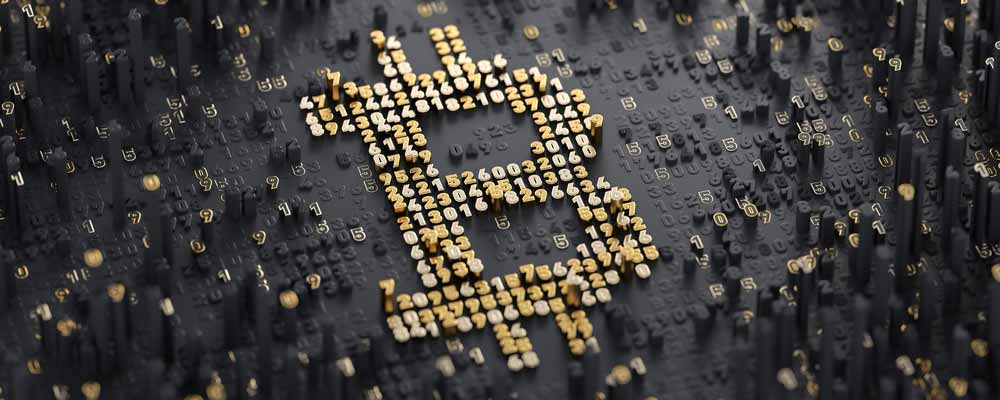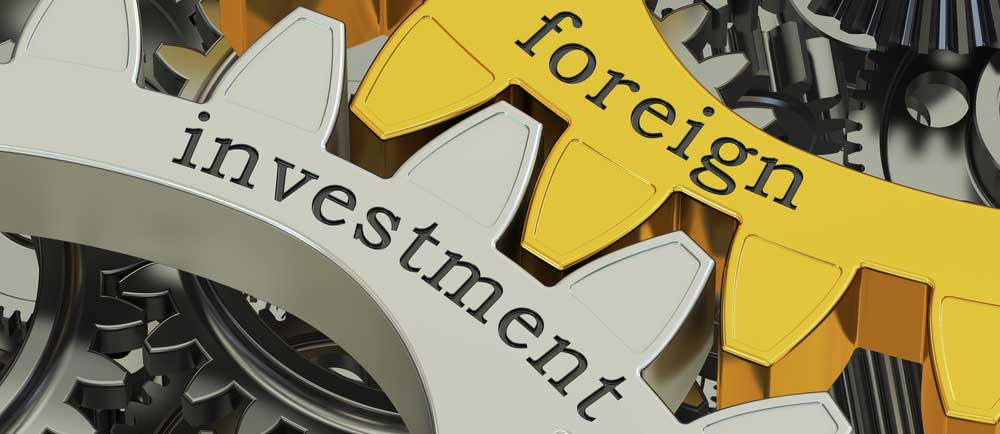Last weekend, Warren Buffett’s Berkshire Hathaway hosted its annual shareholder meeting, where devout shareholders and fanboys made their pilgrimage to Omaha, Nebraska, to listen to the Oracle speak.
Or as someone once quipped: “Thousands of self-described contrarians all with the same ideas about investing.”
Keeping up with tradition at these meetings, Buffett and his sidekick, Charlie Munger, gleefully answered investors’ questions for almost six straight hours.
Between pontificating on his new purchase of Apple Inc. (Nasdaq: AAPL) shares and refusing to take a stand on gun control, the 87-year-old investing icon took a few shots at bitcoin, saying: “It’s probably rat poison squared.”
As a crypto investor, and one who believes in a better, more efficient world served by getting rid of the middleman … I’m going to (surprisingly) agree with Buffett here. Any reference to bitcoin as “rat poison” is an entirely appropriate metaphor.
While rat poison might not be the best means of quenching one’s thirst, however, I don’t think that Buffett’s beverage investment, The Coca-Cola Co. (NYSE: KO), constitutes a healthier alternative.
Rat poison, on the other hand, can be extremely useful for ridding oneself of a rodent infestation. In this case, the vermin-infested governments and corporations (especially banks) that plop themselves smack in the middle of economic transactions, and then extract a Big Gulp-sized toll on societies.
Bitcoin Restores Power to the People
Bitcoin’s technological breakthrough allows anyone with an internet connection to buy and store something of value that’s neither tied to a state nor a bank. This allows the free market to decide what the demand (and price) should be for money, not a group of elitist, egghead economists who spectacularly fail once a decade.
This will be a liberating force as citizens are able to hold more of their own value and won’t be subject to the whims of a profligate government or monopolizing middleman.
Bitcoin can be a check on people in power. Citizens now have the option to swap their domestic currency for bitcoin, avoiding hyperinflation and currency debasements that threaten their purchasing power.
Venezuela’s annual inflation rate is over 1,000%, and bitcoins are bought and sold at significant premiums as the locals ditch their worthless currency for something that can better store value.
Most citizens simply can’t pick up and move to another country, thereby voting with their feet. And in corrupt democracies like Ivory Coast and Zimbabwe, voting is inconsequential anyway.
However, the threat of millions of citizens voting with their wallets should worry dictators and autocrats from Caracas to Shanghai. A windfall of citizens moving out of their fiat currency into cryptocurrencies would be enough to spark a currency crisis and facilitate social unrest.
There’s a reason governments are fearful of bitcoin and have tried to suppress trading and ownership of the digital currency. When they lose control of the money, they lose control of their oppressed citizenry.
The Digital Gold Rush
Now, perhaps ol’ Warren simply got this one wrong. Hey, when you’ve got $84 billion in the bank, it’s hard to empathize with the little guy trying to put food on the table in faraway lands.
Maybe he didn’t understand how investments in the new “internet of value” actually work. As he recently told Yahoo Finance:
If you buy something like a farm, an apartment house or an interest in a business … you can do that on a private basis … and it’s a perfectly satisfactory investment. You look at the investment itself to deliver the return to you. Now, if you buy something like bitcoin or some cryptocurrency, you don’t really have anything that has produced anything. You’re just hoping the next guy pays more.
Buffett continued:
You aren’t investing when you do that. You’re speculating. There’s nothing wrong with it. If you wanna gamble, somebody else will come along and pay more money tomorrow. That’s one kind of game. That is not investing.
First things first. I agree with the Oracle here that the crypto asset class is entirely speculative.
Most of the 1,500-plus cryptocurrencies have no real-world product, and therefore no utility value. Many of them likely won’t even launch anything, and they’ll end up burning their investors.
As I’ve written before, there’s a digital gold rush happening here, and it’s attracting entrepreneurs with great ideas and charlatans with not-so-great ideas. As the world becomes digitally connected, we will need economies of scale to manage these new networks and provision digital and real-world resources.
This is par for the course. Most, if not all, early-stage investments are extremely speculative and difficult to value.
It’s the difference between buying a fully furnished home in a well-developed neighborhood and buying a piece of land in the middle of the woods. The raw land might have more upside if the surrounding area is developed, but there’s no guarantee you’ll get your money back.
Crypto just happens to be the hottest piece of raw property on the market, and people are paying excessive premiums to get a piece
Early-stage investments are notorious for either returning upward of 1,000% or zero. That’s why early-stage investors own large, diversified portfolios of very small bets. If they lose on 90% on them but hit a few home runs, they can still outperform the indexes.
Reality (and gravity) will drag most of these crypto assets down to $0. But some will deliver products that change the world.
Keep More of Your Hard-Earned Wealth
Bitcoin obviates the need for a bank or government to create and store money, and this is only the first iteration in the crypto space.
Projects like Ethereum and EOS are building the necessary infrastructure to power smart contracts, a method to exchange anything of value in a transparent way without the need for a middleman. Think about renting someone’s house without Airbnb or calling a taxi without needing Uber.
Old valuation techniques can’t be applied to these new crypto assets. Discount cash-flow analysis is a futile endeavor. There are no companies here, just open-source software protocols. (Protocol is a fancy way of saying “way of doing things.”)
The value of a crypto asset relates to the demand for the digitally linked network. The tokens represent a fee for accessing the network, or a fuel to power a smart contract.
Imagine if you were charged a small fee, represented by an “email token,” to send an email. As more people move from the spying eyes of Google’s Gmail, the value of this token would increase in price.
Additionally, since crypto tokens facilitate economic transactions without the need for a middleman, they will allow those who provide value to keep more of their hard-earned wealth.
If there’s anything the world could use right now, it’s for workers to keep more of the fruits of their labor.
I’m sure that’s something Warren Buffett would definitely agree with me on.
Regards,

Ian King
Editor, Crypto Profit Trader
Editor’s Note: There’s a little-known investment program that’s the single most powerful way for an investor — regardless of how much or how little they have — to multiply their wealth tenfold over and over again. A former trader at Citigroup even recently went on record saying this program is “Wall Street’s best-kept secret.” To find out how Main Street Americans are turning pocket change into millions, click here.









